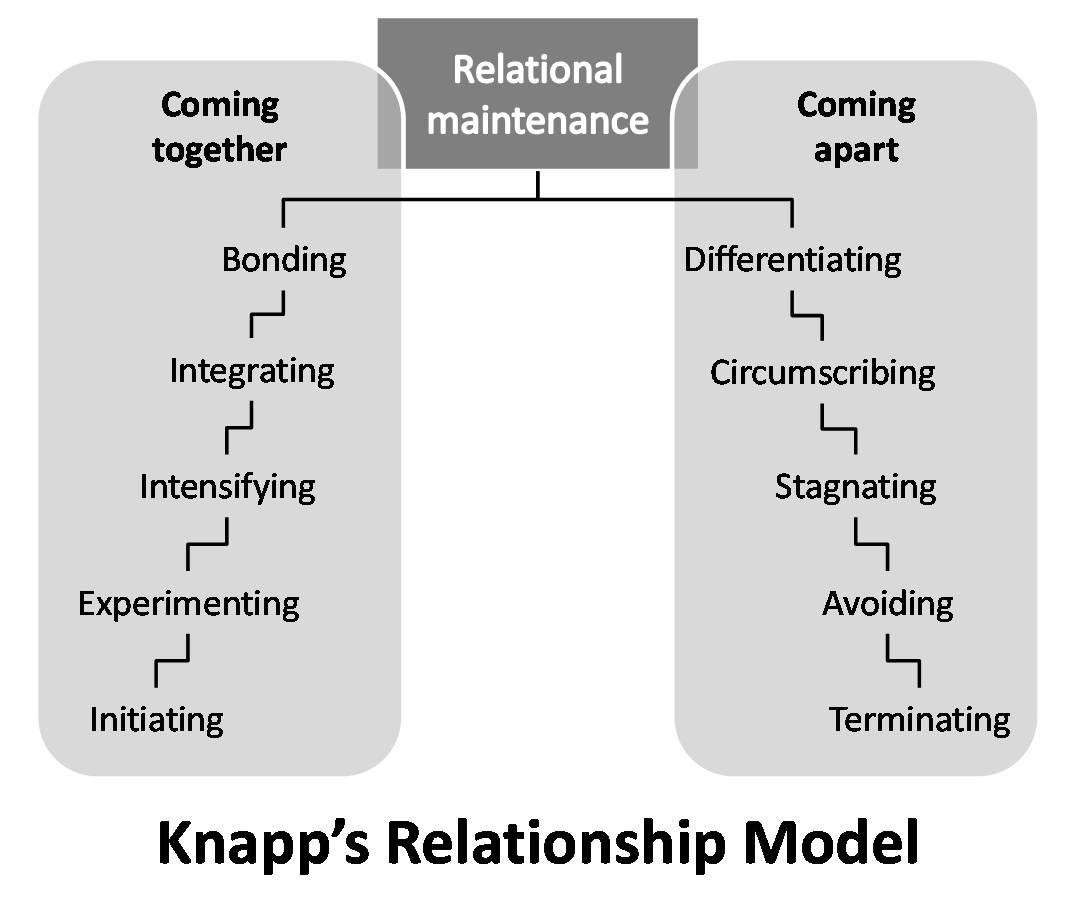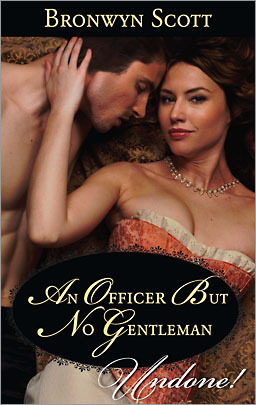I always find it interesting when I see how people react when an author states that he or she writes romance. This is especially true for authors
outside of the genre. Usually there is a snort, a twitching of the eyebrows, and a general look of "Oh, well isn't that cute." It doesn't shock me to see it really takes a lot of work to get that author to even admit that romance is their genre of choice. In my humble opinion, it is a shame.
And the reason is clear. Writing romance (and I will include women's fiction in this category too) is harder than hell to write. All of you authors out there that write in this genre, and especially those of you who have made the leap to
published author need to stop keeping your genre a secret and really show people that this is a genre to be dealt with.
First of all, the romance genre has been around for a lot longer than many of the other genres. Even the early epic poems utilized strong elements of romance to keep the hero going through his "amazing battles of strength and manliness." Even as we scan through the classics of literature, those things that literature scholars refer to as The Canon of literature, we can see that time and time again, it is a romance that makes that list. Consider a few of the authors (this comes from the Gutenberg Project by the way):
- Alcott
- Austen
- Bronte, Bronte, Bronte (obviously all three)
- Browning
- Butler
- Cather
- Chekhov
- Chopin
- ... O.K. I am just on the C's but you get the idea.
Secondly, writing romance and women's fiction is about making a strong emotional connection with the reader. This is not about simply "telling a great story" or anything limited to the plot. The author is required to bring together the characters in the book and the reader emotionally and at an internal level. When the reader finishes the story, there should be a sense of true understanding of his or her place in the world and especially with other people on that interpersonal level.
Next, and this is the one of the hardest elements, the author has a limited amount of space to bring together two characters that, in most cases, prior to page one, had never met. The ultimate goal is, at the end of 55,000-120,000 words, these two have reached a happily ever after. Now plot wise, this can be pretty easy to map out. The difficulty, however, is to not force the issue and make this seem natural. Romance authors are tapping into Mark Knapps, 10 stages of interpersonal theory here! Heck, making a relationship work in real life is tough, but to do it in a short span like this becomes a huge challenge.
Now we add in the sub-genres of romance. These authors are now attempting to do all of the standard romance elements, in that short span of time, while also incorporating those traits of the other genres. Consider now the authors in: romantic suspense, paranormal, fantasy, science fiction and historical. No longer are these people just focused on building a romance, but the other plots have to be significant, and yet, not take the lead role in the romance. Remember, the main story arc is the romance and the secondary arc is the other genre.
Let's look at the numbers now. These come directly from the Romance Writers of America:
(source: Business of Consumer Book Publishing 2013)
- Romance fiction generated $1.438 billion in sales in 2012.
- Romance was the top-performing category on the best-seller lists in 2012 (across the NYT, USA Today, and PW best-seller lists).
- Romance fiction sales are estimated at $1.350 billion for 2013.
- 74.8 million people read at least one romance novel in 2008. (source: RWA Reader Survey)
(source: Simba Information estimates)
- Romance fiction: $1.438 billion in estimated revenue for 2012
- Religion/inspirational: $717.9 million
- Mystery: $728.2 million
- Science fiction/fantasy: $590.2 million
- Classic literary fiction: $470.5 million
Let's not forget that these numbers are (in many cases) not coming from hard-cover sales with rocking prices of $25.00+ a book. These stem from the number of books sold.
One of my authors told me recently that she recalled a creative writing instructor she had during her undergraduate work. When he found out she was writing romance, he commented that she might make it as a "snort" dime store novelist. She told me this memory hit her when she had just completed her 30th book for her editor. And yes, she did send her list of published books as well as the the total number of books sold and the countries she was now published in to the instructor.
In simple terms, romance writers (and yes, I am going to include in there the editors and agents who represent this fantastic genre) need to stand up and make the world take notice. We need to push the media more to stand up and take notice of the work these authors are doing. All of you authors should be proud of what you are doing.
I, for one, am very proud to say I represent romance and women's fiction and I have no problem telling people this is what I represent.




